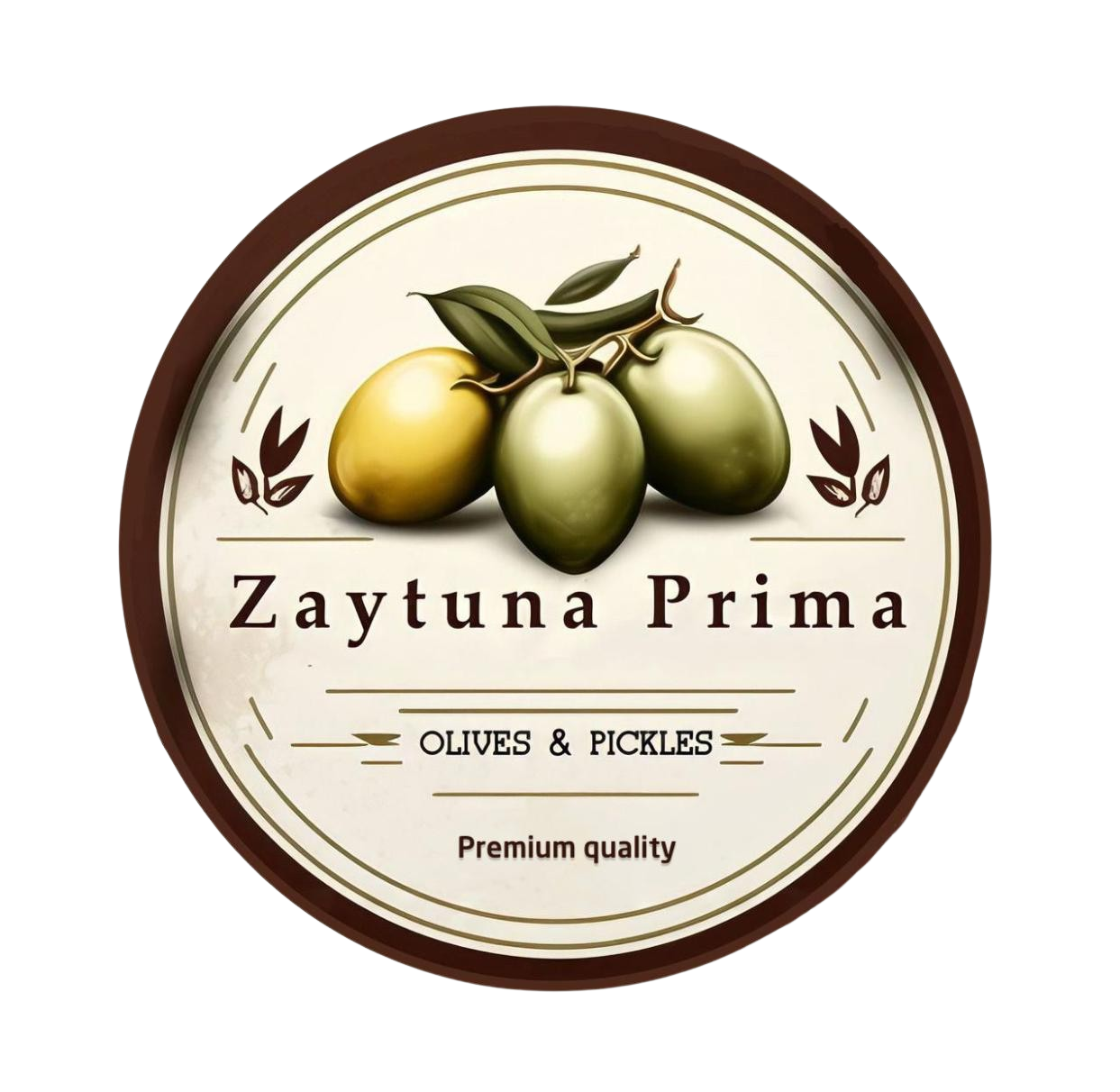The Growing Demand for Olive Exports
Olive exports have seen a tremendous surge in recent years, as more and more people around the world discover the health benefits and culinary versatility of this ancient fruit. Whether it’s the rich, fruity flavor of extra virgin olive oil or the tangy bite of marinated olives, consumers are increasingly incorporating olives into their diets.
One of the main drivers behind the increasing demand for olive exports is the growing awareness of the Mediterranean diet, which emphasizes the consumption of healthy fats, fresh produce, and whole grains. Olive oil, a staple of this diet, has been shown to have numerous health benefits, including reducing the risk of heart disease and improving brain function.
Another factor contributing to the rise in olive exports is the expanding global market for gourmet and specialty foods. As consumers become more adventurous in their culinary pursuits, they are seeking out unique and exotic ingredients to enhance their dishes. Olives, with their distinct flavors and textures, fit perfectly into this trend.
The Benefits of Olive Exports
For farmers and producers, olive exports can be a highly profitable venture. The demand for olive oil alone is projected to reach record levels in the coming years, driven by both domestic and international markets. This presents a lucrative opportunity for olive growers, who can tap into this growing demand and expand their businesses.
In addition to the financial benefits, olive exports also have positive environmental implications. Olive trees are drought-tolerant and require less water than many other crops. This makes olive cultivation a sustainable and eco-friendly choice for farmers, especially in regions facing water scarcity.
The Challenges of Olive Exports
While the olive export industry presents numerous opportunities, it also comes with its fair share of challenges. One of the main obstacles is the competition from other olive-producing countries. Spain, Italy, and Greece are the largest producers of olives and olive oil, and they dominate the global market. As a result, exporters from other countries must find ways to differentiate their products and offer unique value propositions.
Another challenge is ensuring the quality and authenticity of olive products. With the rise in demand, there has been an increase in counterfeit and adulterated olive oil on the market. This not only undermines consumer trust but also poses health risks. Exporters need to implement rigorous quality control measures to maintain the integrity of their products.
Conclusion
Olive exports have immense potential for growth and profitability. With the increasing demand for healthy, gourmet foods, olives are becoming a staple in kitchens around the world. However, exporters must be prepared to navigate the challenges of competition and quality control to succeed in this lucrative industry. By leveraging the unique qualities of their products and focusing on sustainable practices, olive exporters can carve out a niche in the global market.
